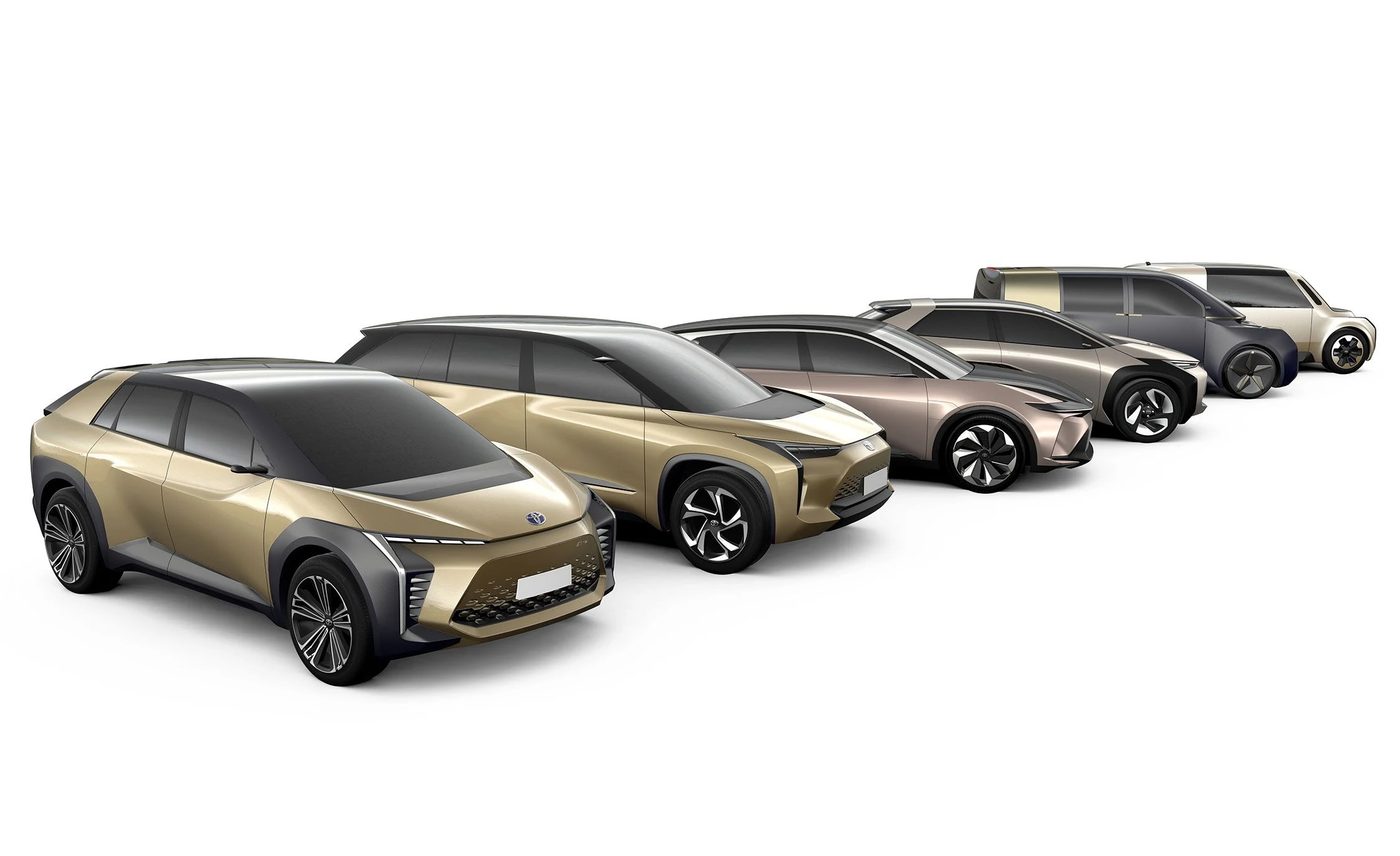 |
| Toyota |
Toyota, a leading Japanese manufacturer, is setting up a new electric vehicle (EV)
production facility in Shanghai, China. The company aims to strengthen its presence in the growing Chinese EV market by delivering electric vehicles (EVs) and EV batteries to local customers. At the same time, it will begin shipping EV batteries from its newly established North Carolina facility in the United States. These moves are part of Toyota’s broader strategy to boost global EV production, aligning with its goal to sell 1.5 million EVs by 2026.
New Shanghai Facility: Focusing on EVs and Batteries
The new plant in Shanghai will focus on the production of EV batteries as well as the new Lexus brand EVs. Toyota plans to manufacture 100,000 EV units after 2027, though it has not disclosed whether this production will include batteries for models other than the Lexus EVs. Interestingly, Toyota has decided to set up the new Shanghai firm as a wholly-owned subsidiary, a rare move for foreign automobile manufacturers, who typically partner with local companies in China. This suggests that Toyota is committed to delivering new energy vehicles (NEVs) to Chinese customers rapidly, with a strong focus on the domestic market.
North Carolina Facility: EV Battery Production Ramp-Up
Toyota is also investing heavily in its North Carolina facility, which will start delivering EV batteries from April. This facility, with an investment of approximately $14 billion, will feature 10 production lines for batteries catering to EVs and plug-in hybrid electric vehicles (PHEVs), alongside four production lines dedicated to hybrid vehicle batteries. While Toyota has not disclosed the specific production volume for its North Carolina plant, this significant investment underscores its commitment to becoming a major player in the global EV market.
Toyota's EV Sales Strategy and Challenges
Despite these expansions, Toyota's global EV sales remain sluggish, with the company revising its sales forecast downward for the 2024-25 fiscal year. The revised outlook predicts sales of 142,000 EVs and 154,000 PHEVs, which represents a decrease of 11% and 4.9%, respectively, compared to the previous forecast. Toyota’s decision to adjust its expectations for EV and PHEV sales marks two consecutive downward revisions, highlighting the challenges the company faces in meeting its EV targets. Nonetheless, the investments in China and the US represent critical steps in Toyota's ongoing efforts to accelerate its EV production and meet its 1.5 million EV sales goal by 2026.













 We publish to analyze metals and the economy to ensure our progress and success in fierce competition.
We publish to analyze metals and the economy to ensure our progress and success in fierce competition.
No comments
Post a Comment